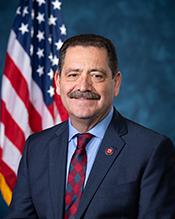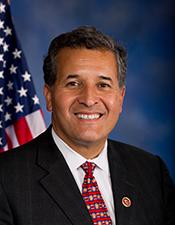0
New Way Forward Act
12/15/2023, 3:56 PM
Summary of Bill HR 2374
One of the key provisions of the New Way Forward Act is to limit the grounds for deportation. Under the bill, individuals would only be deported for serious crimes, such as murder or terrorism, rather than minor offenses. The bill also seeks to end the practice of mandatory detention for immigrants, allowing judges to use discretion in determining whether an individual should be detained.
Additionally, the New Way Forward Act includes provisions to address the impact of past immigration policies on communities of color. The bill would create a process for individuals who have been deported to apply for reentry into the United States, and would provide resources for individuals who have been affected by past immigration policies. Overall, the New Way Forward Act is aimed at creating a more humane and just immigration system in the United States. The bill seeks to address the root causes of immigration issues, rather than simply punishing individuals for their immigration status.
Congressional Summary of HR 2374
New Way Forward Act
This bill makes changes to immigration enforcement, including ending mandatory detention in certain cases.
The Department of Homeland Security (DHS) may not enter into or extend any contract with any for-profit entity to own or operate a detention facility.
The bill provides for various protections related to detaining non-U.S. nationals (aliens under federal law), such as (1) requiring DHS to make an initial custody determination and establish probable cause within 48 hours of taking an individual into custody, (2) establishing in hearings related to such determinations a presumption that the individual be released, and (3) requiring immigration judges to impose the least restrictive detention conditions necessary.
A DHS officer may not interrogate an individual as to immigration status based on factors such as the individual's race, religion, or spoken language.
The bill removes mandatory detention requirements for certain individuals, such as asylum seekers with a credible fear of persecution.
Certain individuals who were previously admitted into the United States may be removed only if removal proceedings commenced within five years of the individual becoming deportable or inadmissible. The bill also removes certain crime-related grounds of inadmissibility and deportability.
The bill gives immigration judges discretion to provide relief from removal if the removal is not based on certain crime-related grounds.
State or local officers are prohibited from performing certain immigration enforcement functions. The National Crime Information Center database may not contain an individual's immigration information.
The bill repeals criminal penalties for improper entry or reentry into the United States.





